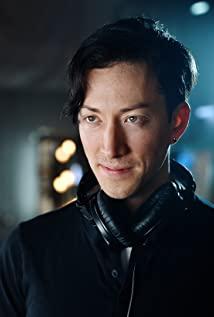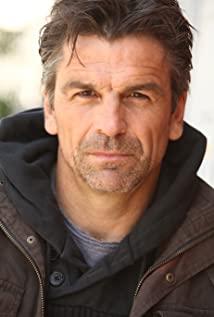The Hellsing OVA X ended with an imposing chant. Although I knew Akart would come back, I had a faint feeling of sadness in my heart. Indeed, it was over, everything was over. The Nazis were finally eliminated with the Colonel's smile, and people's lives returned to peace. Arkat is still there—anywhere and nowhere. But the war will never end, just as mankind will never cease to question itself. What is the essence of human beings? The colonel said: "The difference between humans and vampires is that humans have free will." He also said: "I am me! I am mine!" But do humans really have "free will"? The ridiculous colonel ended up being shot, and the "science" that the Nazi doctor was proud of became a joke. It seems that Akate and Integura seem to have won, which is also the so-called "happy" ending. But I'd rather Akat didn't come back.
Is "eternal life" really a good thing? Throughout the ages, how many people have longed for immortality, they have made up fairy tales, myths and legends, they have created the image of vampires, and naturally there are stories of Hellsing. But I don't think this kind of eternal "life" actually makes much sense. Akat is still "unfree" because it lives to live. And the colonel has only one purpose: to defeat Akat. He is a man who believes in his own will, and he is also a man who has his own beliefs. So he did whatever it took to survive the war 50 years ago, from red flags and blood, just to get revenge. Although his beliefs were anti-human and selfish and despicable, he also paid the price with his life. But he died for "this moment", his purpose was achieved, so although he died, in a sense he gained immortality, and the immortality of this spirit is far superior to Akat.
Although I think so, in fact the meaning of this animation is ambiguous. It doesn't give a clear point of value. But it's over anyway, I forget when I started following it, but I know it's over now.
View more about Hellsing Ultimate reviews











